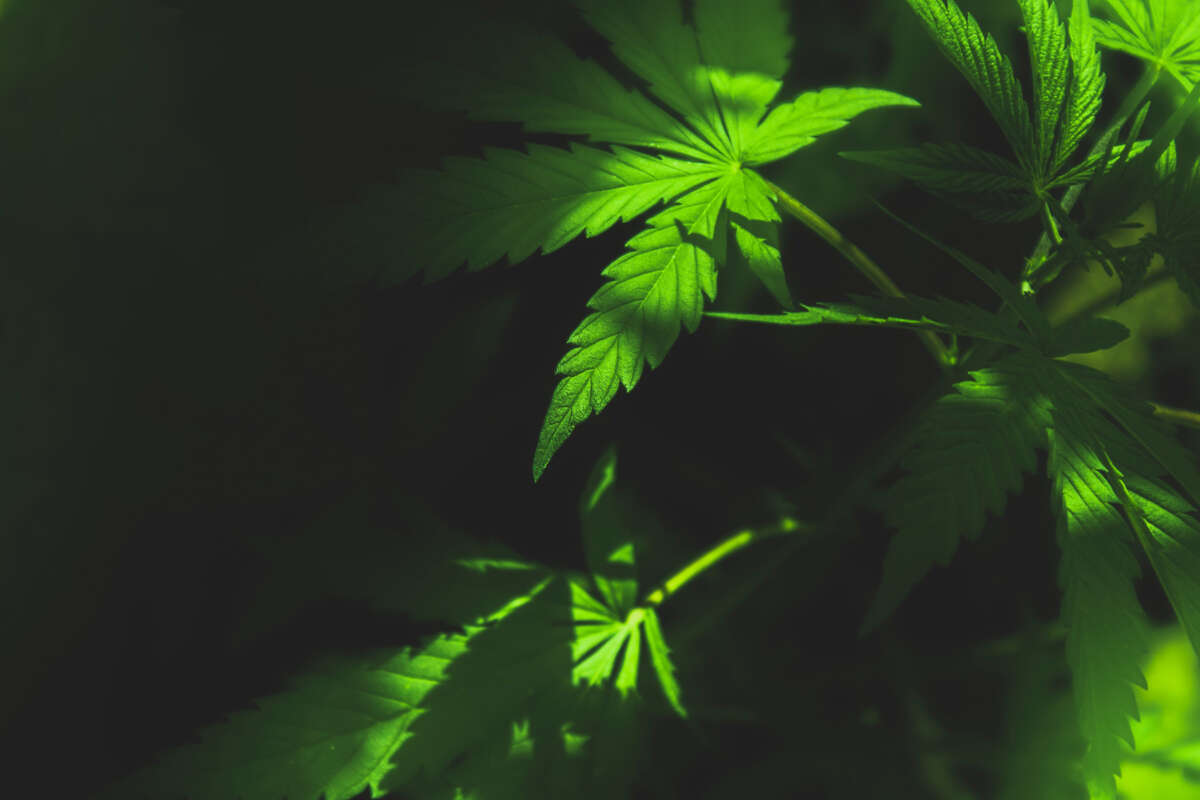Did you know that Truthout is a nonprofit and independently funded by readers like you? If you value what we do, please support our work with a donation.
Health officials in the Biden administration are recommending downgrading marijuana from its current classification as one of the most dangerous and highly controlled drugs.
The Department of Health and Human Services (HHS) is recommending that marijuana be downgraded from a Schedule I to a Schedule III drug, meaning that it would no longer be considered a drug with no medical uses and a high risk for dependence under federal guidance. The change would still have to be approved by the Drug Enforcement Administration (DEA) to be made official.
According to Bloomberg, acting Health Secretary Rachel Levine first made the recommendation in a letter on Tuesday. Marijuana Moment then confirmed that HHS is backing the suggestion.
This could mark a historic shift in federal jurisdiction over marijuana and bring the drug’s classification closer to a class that scientific evidence supports. Advocates have long said that marijuana’s status as a Class I drug — meaning that the government considers it to have a higher risk for dependence than drugs like oxycodone, methadone or cocaine — is completely out of step with evidence and is driven largely by racist policies seeking to criminalize Black communities in particular.
Schedule I drugs are considered to have the highest risk for harm and include substances like heroin. Schedule III drugs, on the other hand, have “moderate to low” risk for dependence, according to the DEA, and have accepted medical uses. This includes drugs like testosterone and products with low doses of codeine.
It’s unclear if the reclassification would mean that marijuana would be subject to different penalties, as it is already treated separately from other Schedule I drugs under federal guidance.
Though studies have found effective uses for marijuana in medical settings, contrary to the drug’s Schedule I status, researchers say that it is extremely difficult to study the drug because it is so highly controlled. There are large barriers for researchers to obtain the drug in the necessary quantities to study, scientists have said, meaning that the range of medical uses for marijuana have gone largely understudied.
The recommendation came after the Food and Drug Administration reviewed the drug based on eight criteria, according to Levine.
The review was spurred as a result of a directive from the White House last October for HHS to consider rescheduling the drug. It came with an announcement that President Joe Biden was pardoning all prior offenses of simple marijuana possession.
Advocates were hopeful that the review would lead to the drug being descheduled altogether, which would effectively decriminalize the drug at the federal level and leave regulation to the states. This would have been different from legalizing the drug, but could have helped to prevent further damage to Black communities that have already been devastated by criminalization.
Paul Armentano, deputy director of marijuana advocacy organization NORML, expressed frustration at the recommendation, per Marijuana Moment.
“The goal of federal cannabis policy reform ought to be to address the existing, untenable chasm between federal marijuana policy and the cannabis laws of the majority of U.S. states,” Armentano told the publication. “Rescheduling the cannabis plant to Schedule III of the US Controlled Substances Act fails to adequately address this conflict.”
“Rescheduling cannabis from 1 to 3 does not end criminalization, it just rebrands it. People will still be subject to criminal penalties for mere possession, regardless of their legal status in a state-level medical program,” former NORML political director Justin Strekal told Politico.
Press freedom is under attack
As Trump cracks down on political speech, independent media is increasingly necessary.
Truthout produces reporting you won’t see in the mainstream: journalism from the frontlines of global conflict, interviews with grassroots movement leaders, high-quality legal analysis and more.
Our work is possible thanks to reader support. Help Truthout catalyze change and social justice — make a tax-deductible monthly or one-time donation today.
